September 2023<br><em>Why Evangelical Theology Needs the Global Church</em><br>Stephen T. Pardue
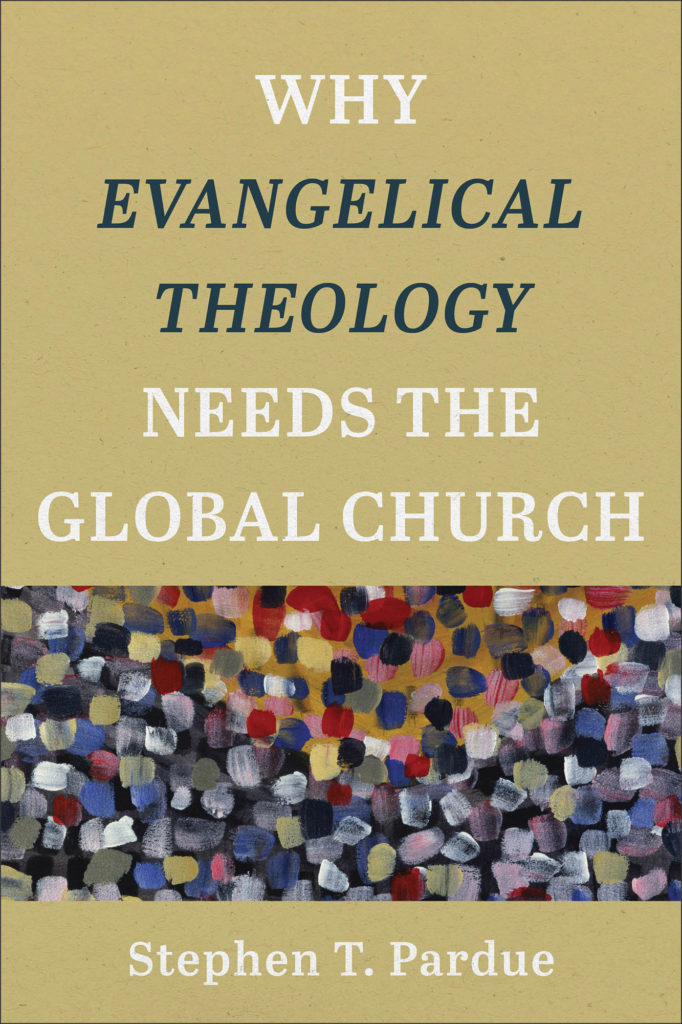
I argue that Scripture itself calls evangelical theologians to attend to the church catholic in all its wild diversity, and to consider local cultures a material theological good. When you trace the Bible’s engagement of cultural realities . . . , you see that even if culture is in human sin and the fall, it is also a key way God chooses to reveal himself and commune with his people.
August 2023<br><em>Overcoming Apathy</em><br>Uche Anizor

My hope is that people would grasp that apathy is not their fate. God is for them and with them even in their apathy. He has given us his Son and Spirit to empower us to move beyond apathy. However, there are no short cuts: we must embrace the gospel as the ultimate cure and cultivate a life that makes it difficult for apathy to get a foothold.
July 2023<br><em>Conspicuous in His Absence<br></em>Chloe T. Sun
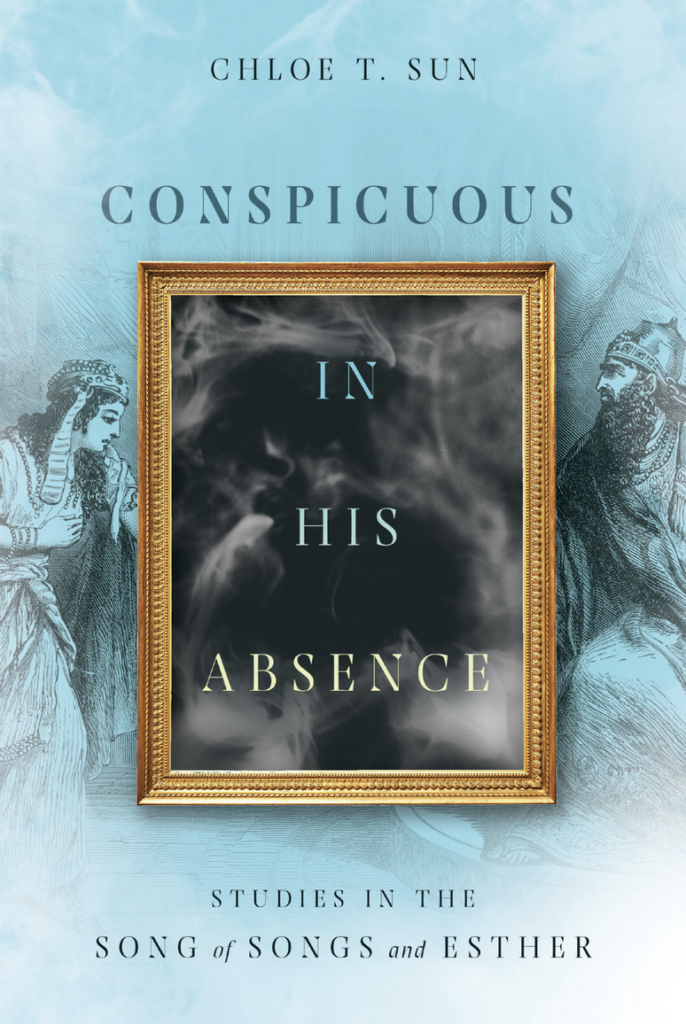
God’s presence and absence are not mutually exclusive. Placing the Song of Songs and Esther front and center in Old Testament theology yields a portrait of a God who neither works according to human beings’ expectations nor conforms to his own pattern of presence in the past.
June 2023<br><em>African Hermeneutics</em><br>Elizabeth Mburu
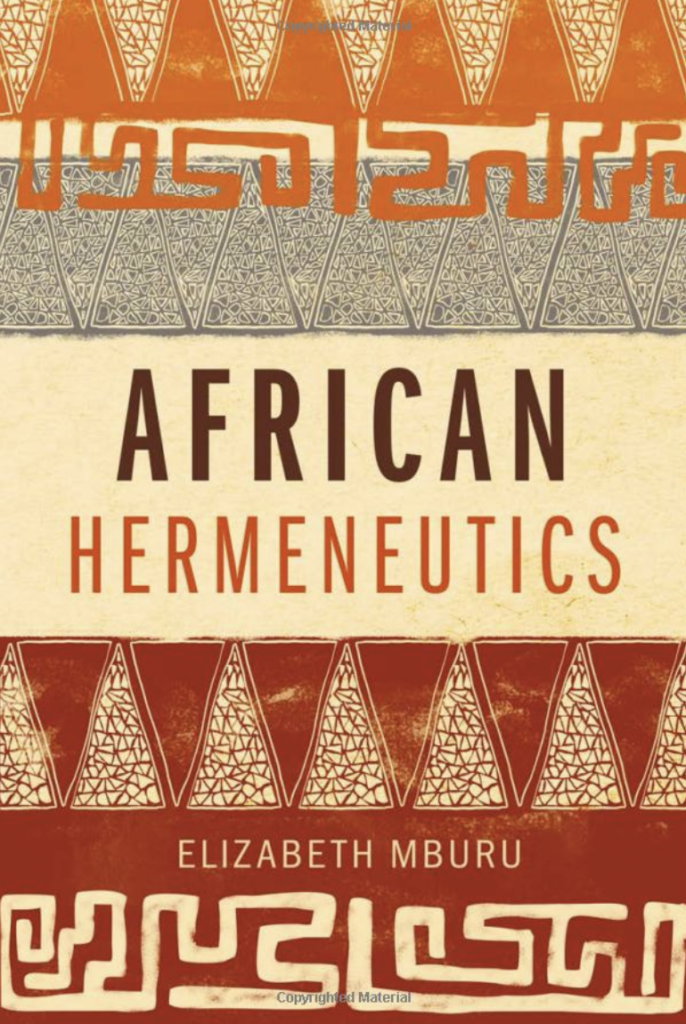
If we truly believe that the church is one body, then we ought to be aware of what is happening in the rest of the world. . . . This approach challenges and broadens the lens of assumptions and interpretation of those outside Africa because it presents readers with a different way of looking at texts. It can help other readers see what lies in their blind spots.
May 2023<br><em>Tell Her Story</em><br>Nijay K. Gupta
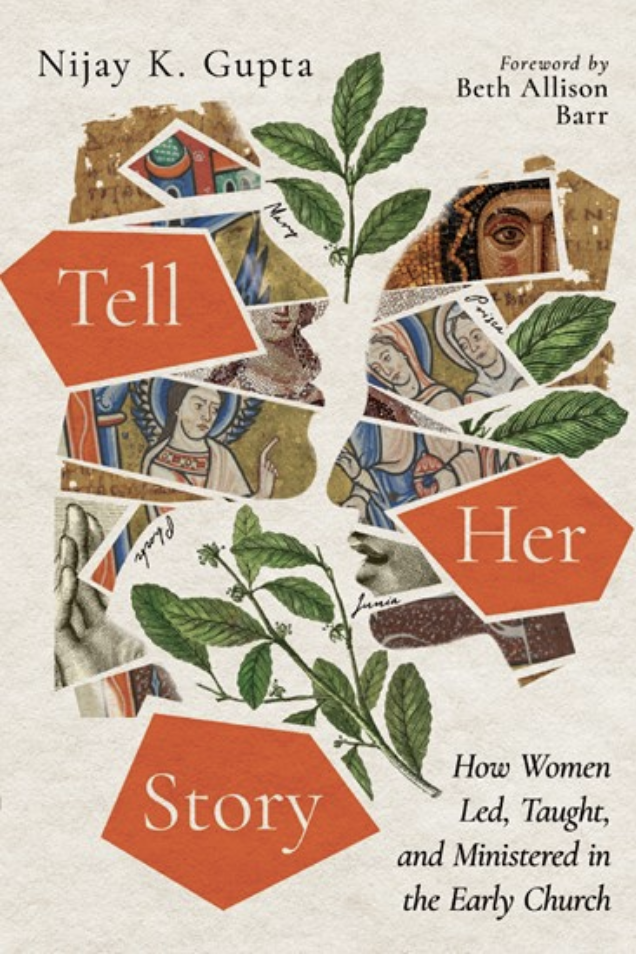
There is evidence right in the Bible that women led (like Deborah), taught (like Prisca), and ministered (like Junia and Phoebe) in the early churches, called by God and responsive to the needs of the people of God. We need to tell their stories to hear the full gospel taught in the Bible.
April 2023<br><em>Engaging the Old Testament</em><br>Dominick S. Hernández
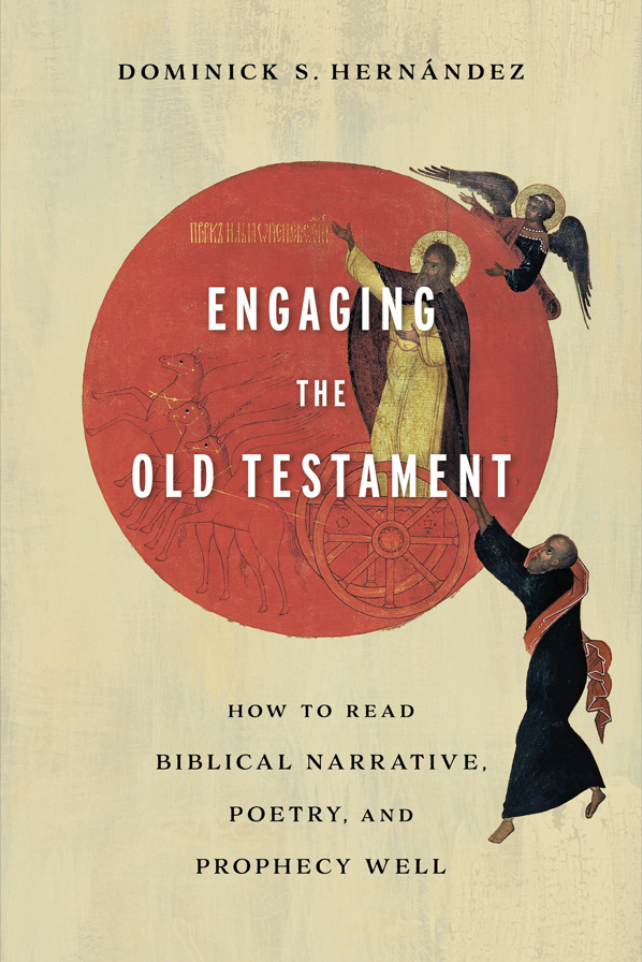
I also encourage readers to read deliberately, that is, to slow down and to think not only about the information that the Old Testament writer is trying to impart, but also what the Old Testament writer is trying to do.
March 2023<br><em>Abuelita Faith</em><br>Kat Armas
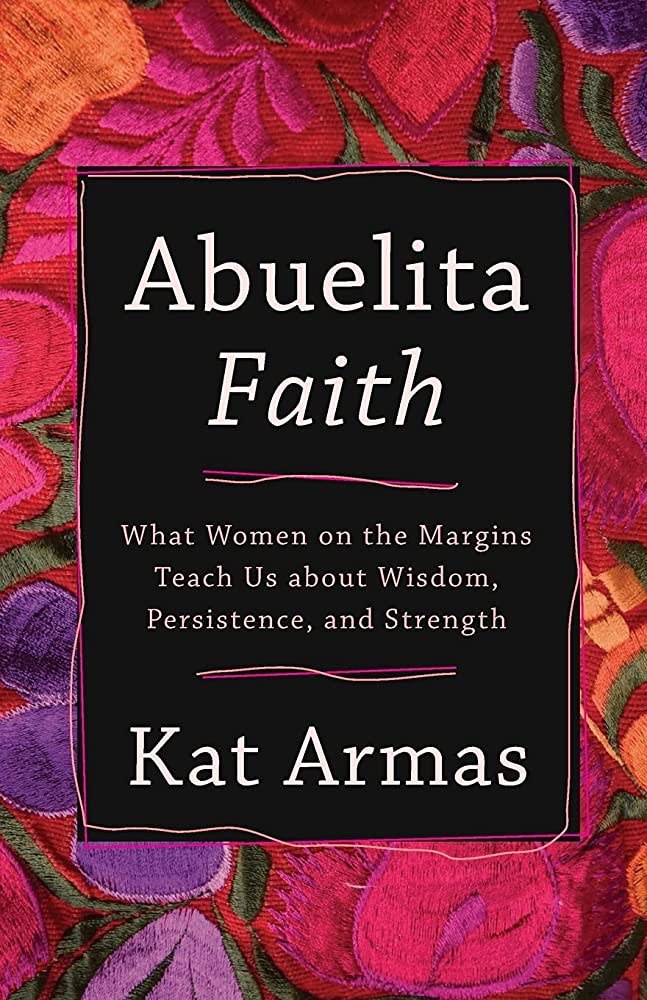
I wrote this as a love letter to my Latinx community. Many of our first theologians were our grandmothers and mothers—women of valor who would be overlooked as theologians to the dominant culture because of their socioeconomic status, their gender, their lack of Western education, their accent, or the pigmentation of their skin.
February 2023<br><em>Ruth</em> (NICOT)<br> Peter H. W. Lau
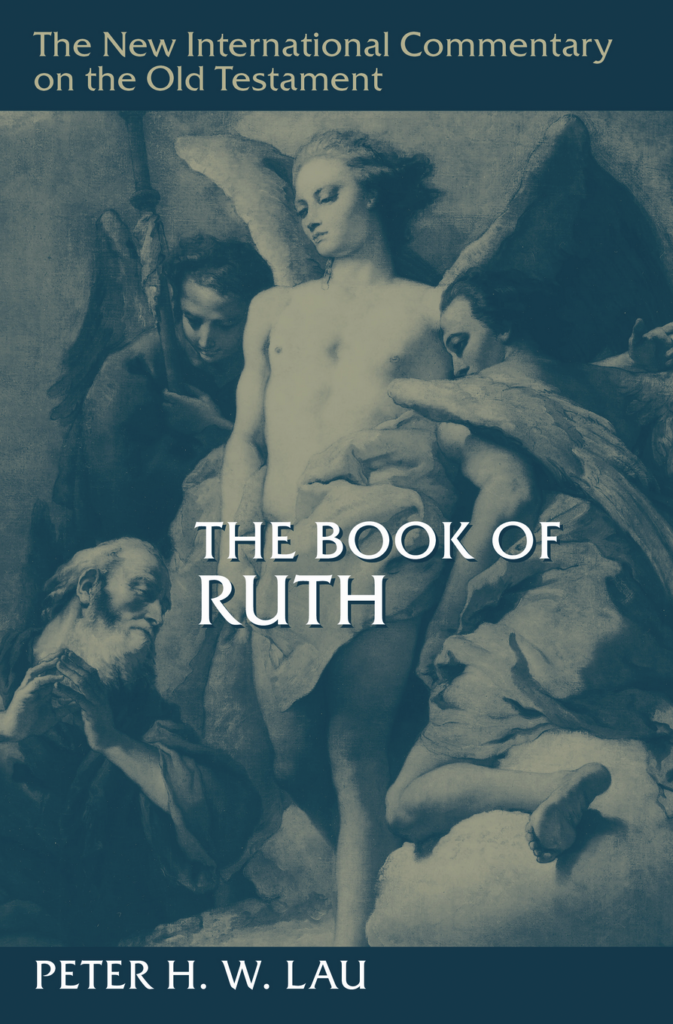
Some important themes in Ruth include God’s hidden providence, human initiative and action, the cycle of divine-human kindness, God’s blessing, applying the law, and Ruth’s ethnicity and Israelite identity.
January 2023<br>Reading the Bible Around the World<br>Federico Alfredo Roth, Justin Marc Smith, Kirsten Sonkyo Oh, Alice Yafeh-Deigh, and Kay Higuera Smith
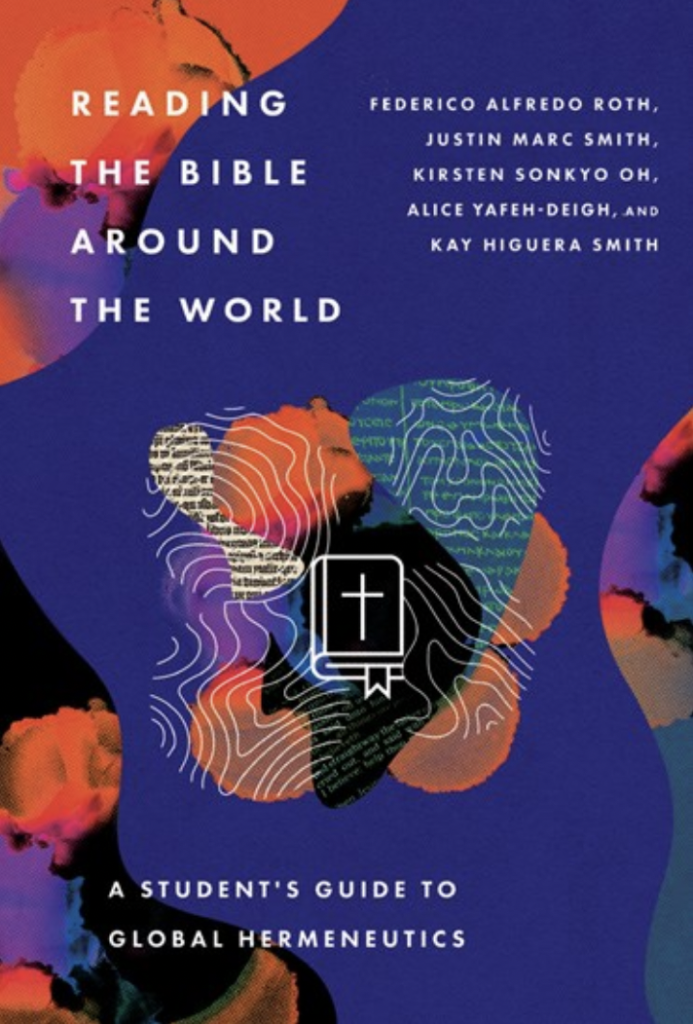
The book is . . . oriented toward detailing ways of reading from different vantage points (global, ethnic, racial, sex/gender, etc.). It means to open new vistas for understanding that will draw students/readers into an awareness and, hopefully, a celebration of how the Bible is being read around the world.
December 2022 <br>Exploring the Old Testament in Asia <br>Edited by Jerry Hwang and Angukali Rotokha
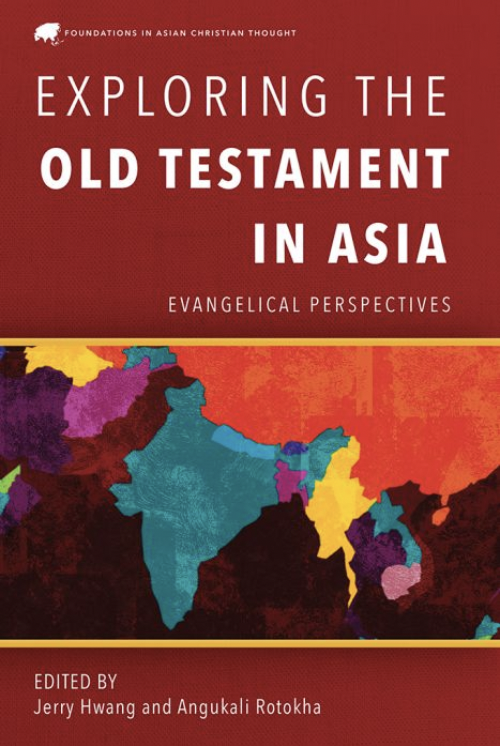
The Old Testament originated in ancient West Asia, so using the interpretive lenses of modern East Asia and South Asia can aid Christians in every place to understand the OT better than if they only used the Western lenses that have typically characterized OT scholarship.
